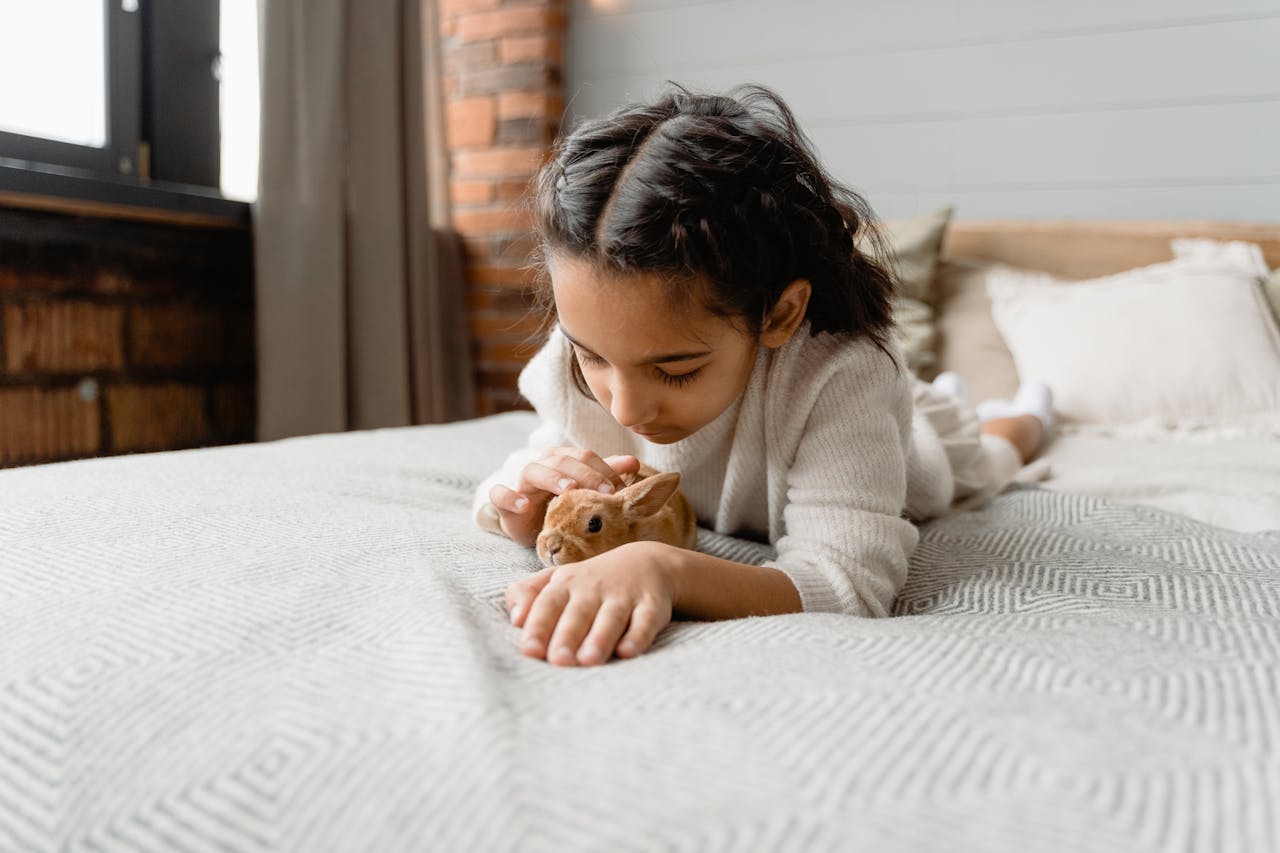Guinea pigs may be small pets, but they have big personalities and complex social needs. Unlike some animals that enjoy solitude, guinea pigs are naturally social creatures. In the wild, they live in herds and rely on companionship for safety, communication, and emotional well-being. This social instinct carries over to domestic guinea pigs, which means loneliness can have a real impact on their health and happiness.
Why guinea pigs are naturally social
Guinea pigs are herd animals by nature. In the wild, they depend on living in groups to survive, keeping watch for predators and using different vocalizations to communicate. Even though domesticated guinea pigs don’t face the same threats, they still retain that instinctive need for companionship. A guinea pig living alone may feel unsafe, stressed, or depressed without the reassurance of another guinea pig nearby.
Signs your guinea pig may be lonely
Loneliness in guinea pigs doesn’t always look the way you might expect. Some signs are subtle, while others are easier to spot. Common signs include:
- Decreased activity or lethargy
- Excessive hiding or reluctance to come out of their shelter
- Changes in eating habits, sometimes eating less or more than usual
- Increased vocalizations, such as squeaking or whining
- Over-grooming or pulling out their fur
- Aggression or frustration, often shown by teeth chattering
If your guinea pig shows these behaviors, it may be their way of communicating that they need a companion.
Can humans replace guinea pig companionship?
Many guinea pig owners form strong bonds with their pets, and daily interaction is important. However, no matter how much time you spend with your guinea pig, you cannot fully replace the social role of another guinea pig. They have their own language, body cues, and behaviors that only another guinea pig can respond to. While your attention helps, most guinea pigs thrive when they have at least one companion of their own kind.
Pairing and group dynamics
If you’re considering adding a companion, it’s important to do so thoughtfully:
- Same-sex pairs: Two males or two females often do well together, especially if introduced at a young age. Neutering may also be an option if you’d like to house a male and female together without the risk of breeding.
- Gradual introductions: Guinea pigs are territorial, so introductions should be done slowly and in a neutral space.
- Size of living space: A larger cage or enclosure is essential when housing multiple guinea pigs to reduce competition and stress.
- Individual personalities: Just like people, guinea pigs have unique temperaments. Some pairs bond instantly, while others may take time.
The risks of isolation
When guinea pigs are kept alone for long periods, they may experience chronic stress, which can lead to weakened immunity, weight loss, or even shortened lifespans. A lonely guinea pig is also more prone to destructive or abnormal behaviors because they lack proper social stimulation.
How to enrich their environment
In addition to companionship, guinea pigs benefit from an enriched environment that mimics their natural behaviors. Providing tunnels, hideouts, chew toys, and fresh vegetables not only supports their physical health but also reduces boredom. Enrichment is especially important if your guinea pig is transitioning from living alone to having a companion, as it helps ease stress during the adjustment period.
When to call your veterinarian
If you notice your guinea pig showing signs of stress, changes in appetite, or unusual behavior, it’s always best to consult a veterinarian. Health issues and loneliness can sometimes look similar, so a professional exam ensures that nothing more serious is being overlooked.
At Killarney Animal Hospital, we understand that guinea pigs have unique needs just like cats and dogs. Our team can help you assess your guinea pig’s health, advise on companionship, and provide guidance for creating the best possible environment.
Call us today at 604-433-5500 to book an appointment and make sure your guinea pig is as happy and healthy as possible.

